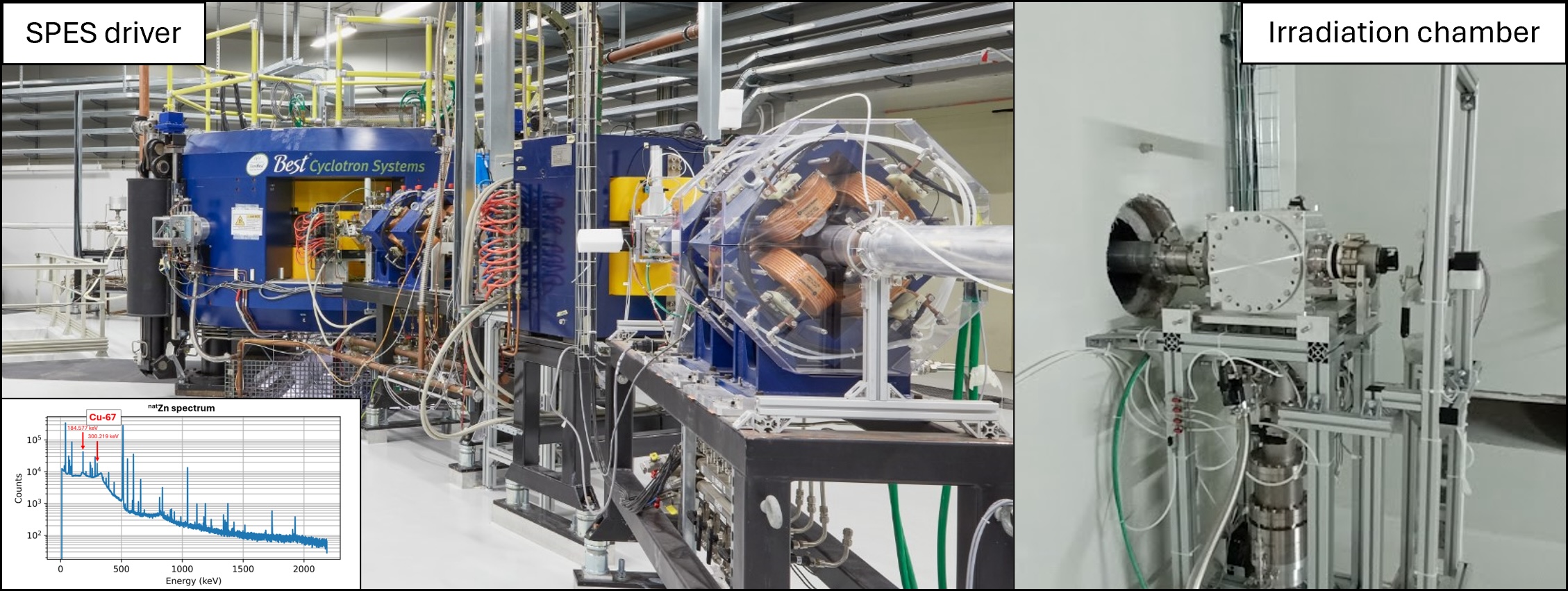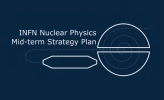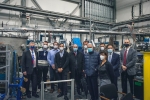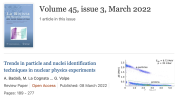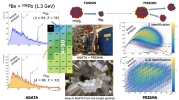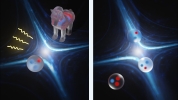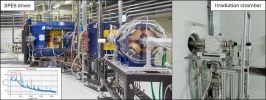First irradiation for the production of Cu-67 in the framework of the SPES project.
After a period of maintenance and repair of various components of the cyclotron, including the refurbishment of the ion source and the RF amplifiers, the first proton beams were produced and delivered to experimental study of medical radioisotope production. After the optimization of the new transport line recently installed at the Legnaro National Laboratories, the cyclotron was optimized for three different proton energies: 35 MeV, 50 MeV and 70 MeV. After each optimization the proton beam was used to irradiate thin targets of different materials. In particular, the image shows the gamma spectrum of a natural Zn target irradiated at an energy of 50 MeV, which allowed the observation of the gamma-decay of the theranostic radionuclide Cu-67.
With the achievement of this important milestone, the Phase 1 of the SPES project is successfully completed. This has been made possible in a relatively short time thanks to the phased approach for the project implementation and the full commitment of all the laboratory’s divisions.
Following the Nuclear Physics Middle Term Plan in Italy indications and in coincidence with this achievement, a new experiment, named SPES-MED, has been just approved in CSN3. It aims to build solid experimental framework at SPES, INFN-LNL, devoted to nuclear physics experiments for medical radionuclides production.
